Children live healthy after kidney transplant
At the age of 19, female student TM (living in Hai Phong) is full of life with many plans for the future like many other friends of the same age. Few people know that 14 years ago, little girl M underwent a kidney transplant after a long time of treatment for end-stage kidney failure.
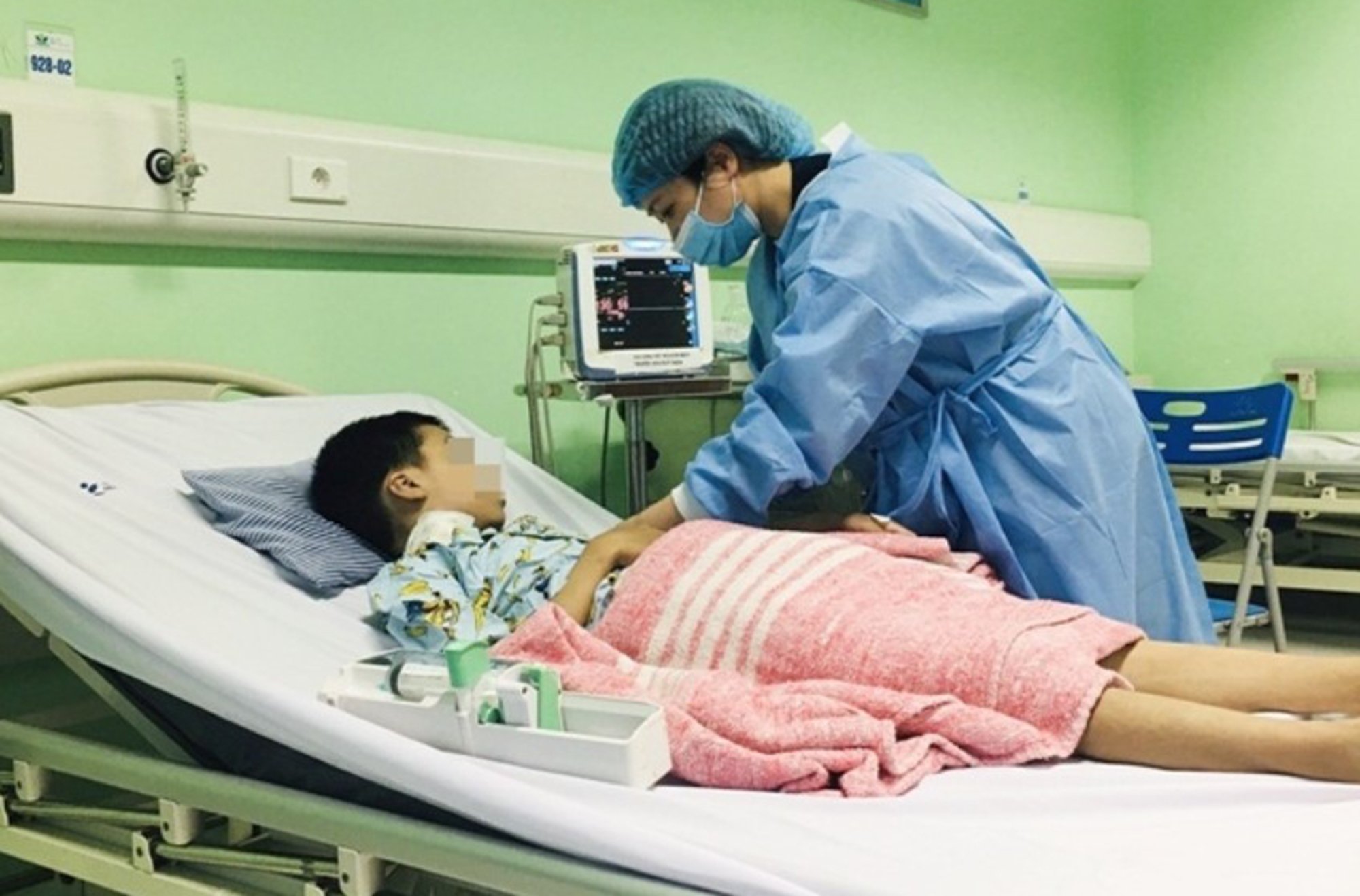
At that time, M was the youngest patient to receive a kidney transplant. Hemodialysis helped M sustain life but carried many life-threatening risks. The decision to receive a kidney transplant from a relative gave M a healthy life.
Similarly, VA was one of the few children who received a kidney transplant in 2004. The successful transplant revived the boy's life. After 20 years, VA is living a good and happy life with his small family.
It has been 5 years, but doctors at the National Children's Hospital still cannot forget the boy BBN (in Thai Nguyen) - the child who received a kidney transplant with the "record" of the lightest weight. Born with only one right kidney and hypoplasia, when he was 10 months old, N was found to have kidney failure.
The disease caused the boy to have slow physical development. At the age of 6, N weighed only 12kg and was 110cm tall. In 2019, N showed signs of hyperkalemia, low glomerular filtration rate and was diagnosed with end-stage renal failure, indicating a kidney transplant.
N received a kidney transplant from his mother. The surgery lasted several hours due to the patient's poor health but was successful, opening up a new healthy life for N.
Along with TM, VA, BBN, nearly 60 children with the common feature of end-stage chronic kidney failure, surviving on dialysis, have been revived thanks to kidney transplants at the National Children's Hospital.
Dr. Nguyen Thu Huong, Head of the Department of Nephrology and Dialysis, National Children's Hospital, said: "If the kidney is not replaced, the patient must undergo dialysis for life. Prolonged dialysis will increase the risk of affecting cardiovascular function, endangering the patient's life.
In addition, having to undergo dialysis three times a week at the hospital affects the children's quality of life, they cannot go to school, study or play like their peers; at the same time, it affects the family's finances because parents have to take time off work to take their children for dialysis."
The success rate after kidney transplant is about 98.2%
According to MSc. Dr. Nguyen Thi Bich Ngoc, Department of Nephrology and Dialysis, National Children's Hospital, kidney transplantation is a long journey for both the patient, the family and the doctors. To perform the transplant, all factors from height, weight, blood test results, vaccination against infectious diseases, to finding a suitable kidney donor are strictly controlled.
The ability to cure kidney failure in each child is different, depending on many factors such as: stage, cause, severity, as well as the ability to respond to treatment.
Parents should take the initiative to take their children to see a doctor if they suspect they have kidney failure or have unusual symptoms. If detected early and treated properly, children will have a chance of making a full recovery.
For children diagnosed with acute renal failure, parents need to strictly follow the treatment regimen, not stop taking medication on their own, and not use herbal or traditional medicines of unknown origin.
Dr. Nguyen Thu Huong
When transplanting a kidney from a living donor, the kidney removal surgery and the kidney transplant are two operations that are performed in parallel, coordinated smoothly to ensure that the removed kidney is transplanted promptly. After the transplant, the child is monitored very carefully every hour for vital signs, fluid intake, etc. until stable.
A kidney transplant cannot be successful without the harmonious coordination of all specialties in the hospital such as: Urology, Cardiology, Nephrology and Dialysis, Anesthesia and Resuscitation, Surgical Resuscitation, Endocrinology - Metabolism - Genetics, Diagnostic Imaging, Blood Bank, Biochemistry, Hematology...
According to pediatricians, organ transplantation for children is more difficult than transplantation for adults. Firstly, the anatomical structures of children are small, connecting blood vessels and tubes becomes difficult, requiring meticulous and delicate manipulation.
Second, children with chronic diseases, malnutrition, organ failure, reduced resistance, are susceptible to infection and bleeding. During surgery, a small amount of blood loss can also cause major consequences.
Furthermore, the general state of exhaustion and chronic congenital disease requires extremely important care before, during and after surgery, which is vital to survival. However, if the transplant is successful, the child can recover completely with a better prognosis than adults. The child can return to life with normal activities.
To date, at the National Children's Hospital, the success rate after transplantation is about 98.2% with an average age of 13.3 years old.
Source: https://www.baogiaothong.vn/hoi-sinh-nhung-benh-nhi-suy-than-giai-doan-cuoi-192240322003815914.htm


![[Photo] General Secretary To Lam receives French Ambassador to Vietnam Olivier Brochet](https://vstatic.vietnam.vn/vietnam/resource/IMAGE/2025/4/17/49224f0f12e84b66a73b17eb251f7278)
![[Photo] Promoting friendship, solidarity and cooperation between the armies and people of the two countries](https://vstatic.vietnam.vn/vietnam/resource/IMAGE/2025/4/17/0c4d087864f14092aed77252590b6bae)
![[Photo] Nhan Dan Newspaper announces the project "Love Vietnam so much"](https://vstatic.vietnam.vn/vietnam/resource/IMAGE/2025/4/17/362f882012d3432783fc92fab1b3e980)
![[Photo] Closing of the 4th Summit of the Partnership for Green Growth and the Global Goals](https://vstatic.vietnam.vn/vietnam/resource/IMAGE/2025/4/17/c0a0df9852c84e58be0a8b939189c85a)
![[Photo] National Assembly Chairman Tran Thanh Man meets with outstanding workers in the oil and gas industry](https://vstatic.vietnam.vn/vietnam/resource/IMAGE/2025/4/17/1d0de4026b75434ab34279624db7ee4a)

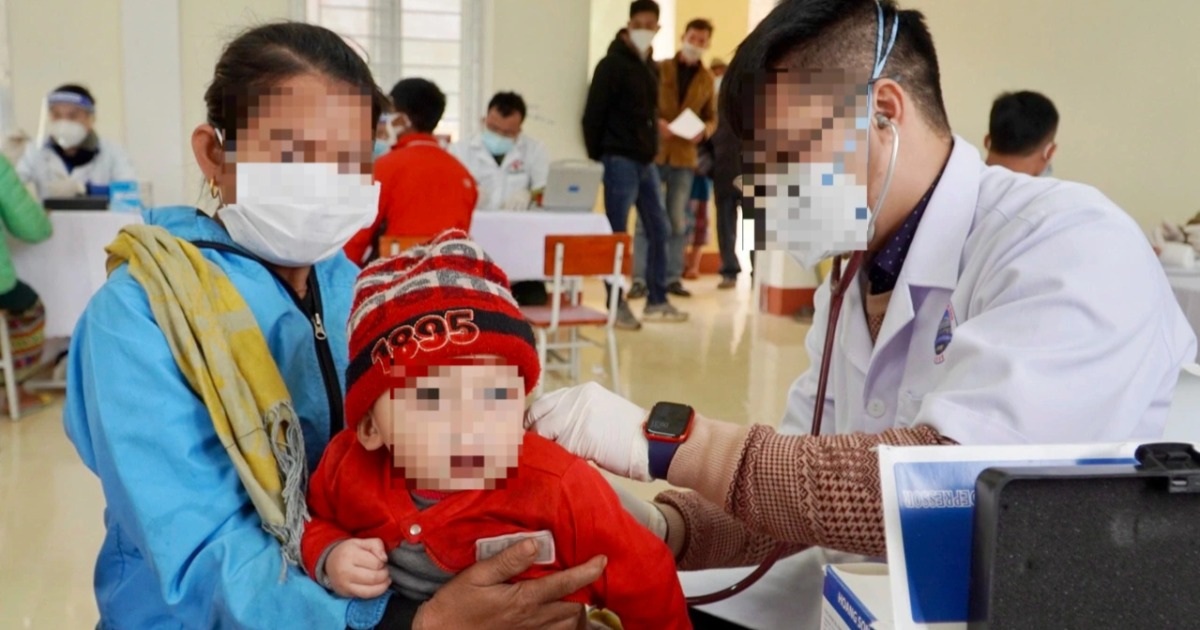

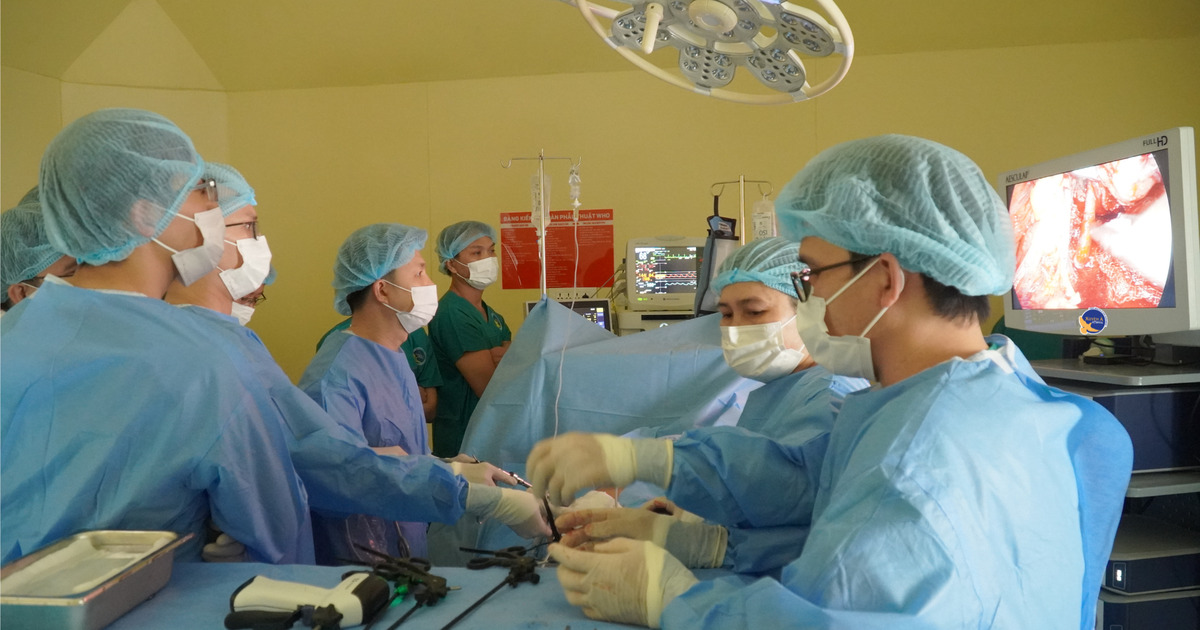

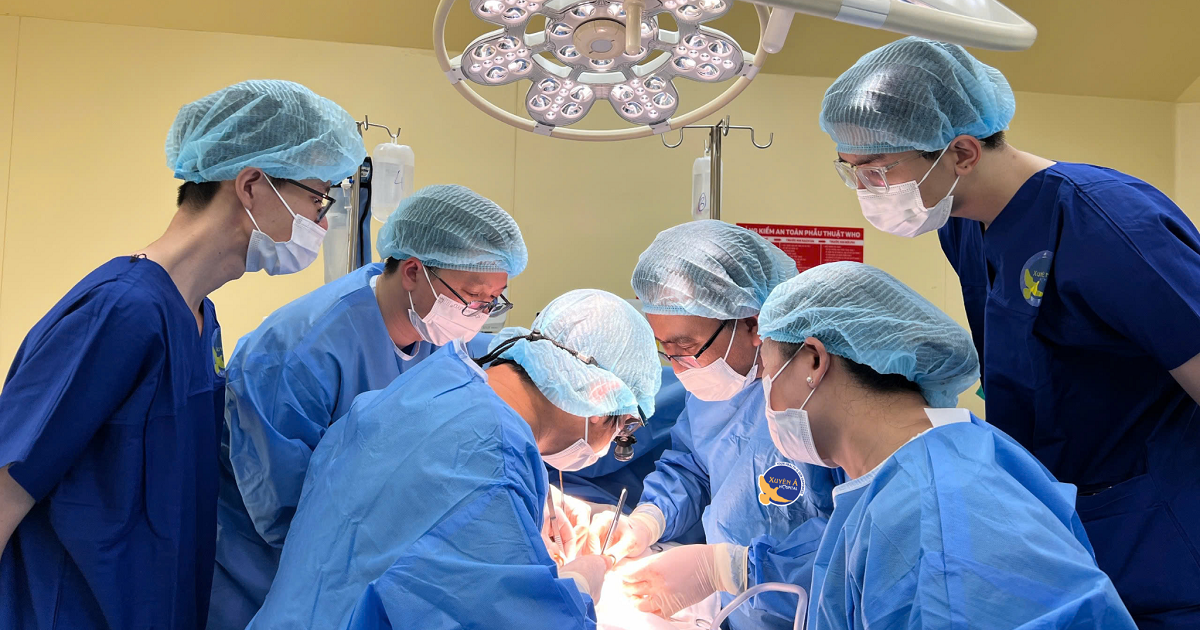
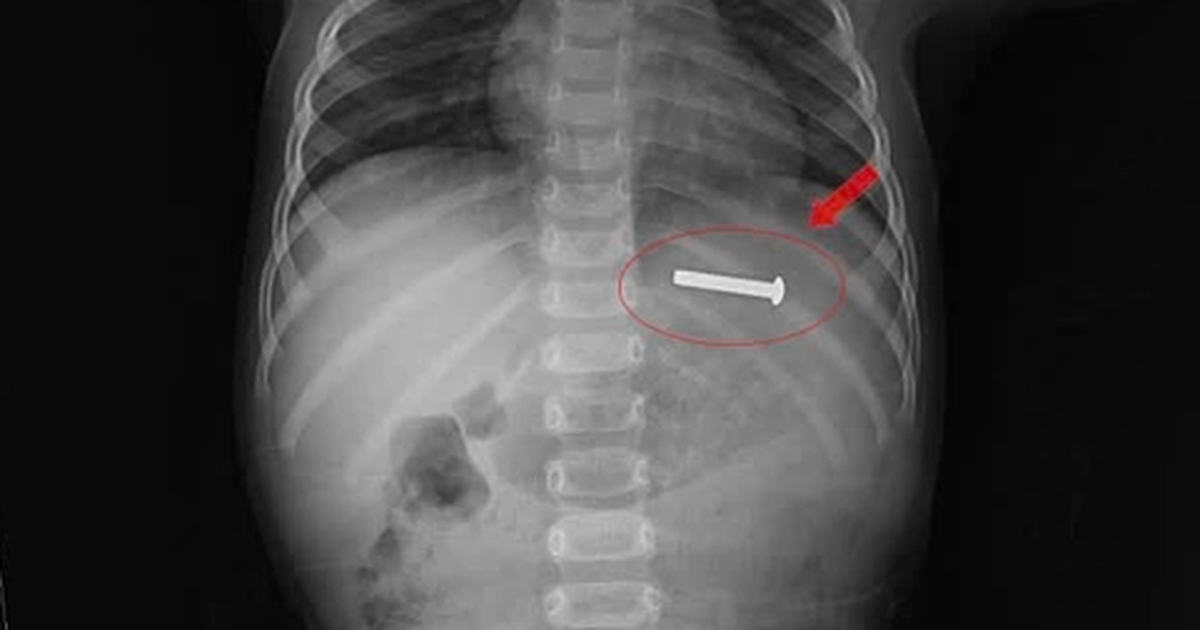



















![[Photo] Welcoming ceremony for Chinese Defense Minister and delegation for friendship exchange](https://vstatic.vietnam.vn/vietnam/resource/IMAGE/2025/4/17/fadd533046594e5cacbb28de4c4d5655)


























![[Video] Viettel officially puts into operation the largest submarine optical cable line in Vietnam](https://vstatic.vietnam.vn/vietnam/resource/IMAGE/2025/4/17/f19008c6010c4a538cc422cb791ca0a1)






































Comment (0)